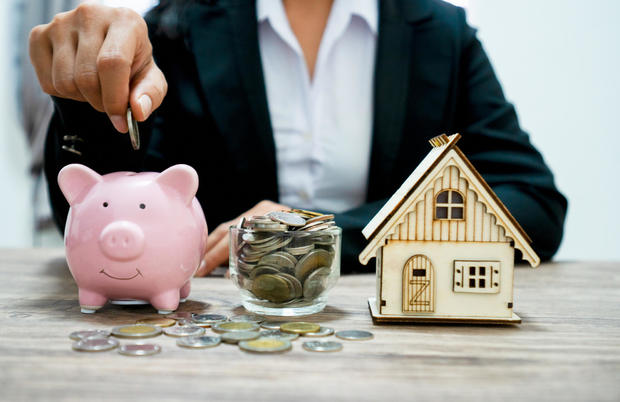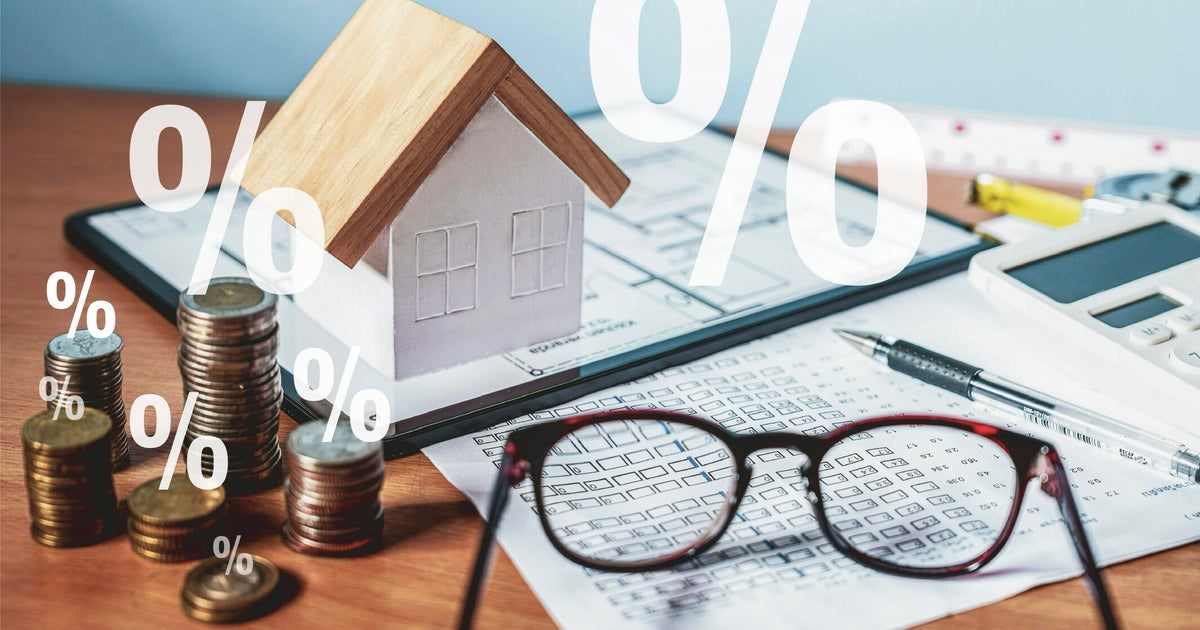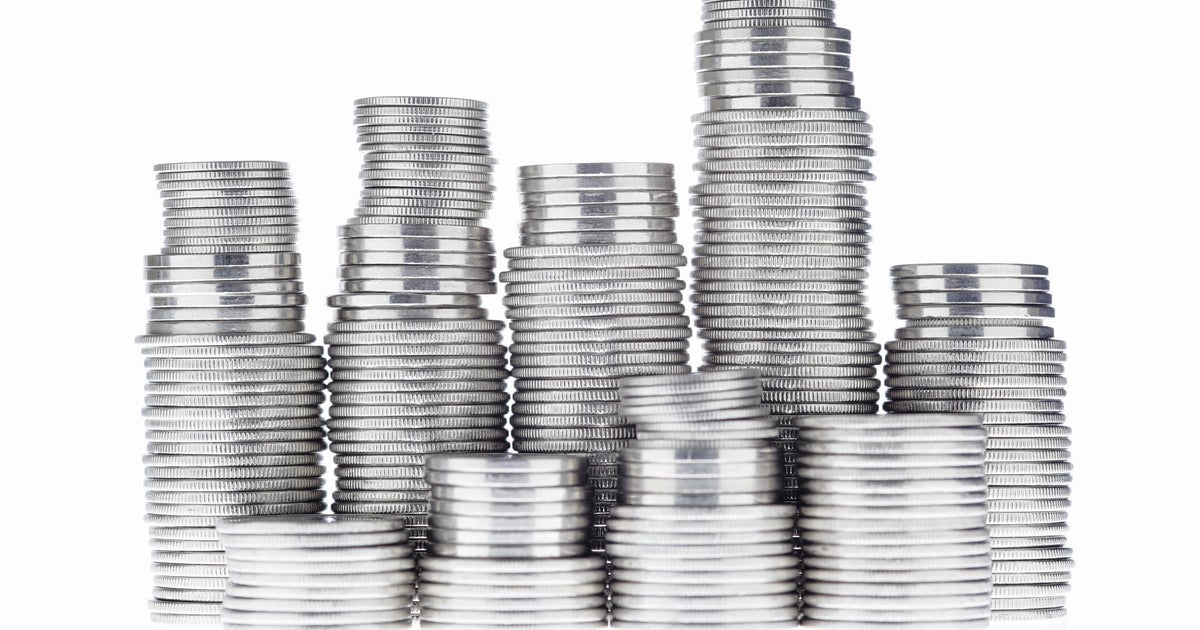How big of a down payment should I make on my home?
Buying a house is a big decision comprised of numerous smaller decisions, like where to buy, which mortgage company to use and how much you are willing to spend on your home. But one of the most important decisions you'll make is how big of a down payment to put down on your home.
While conventional wisdom says that it's smart to put down 20% of the home's value, that isn't always the right move. The amount of your down payment will have several ripple effects, though, so it's important to take the time and make an informed decision about how much money to put down.
Ready to make a down payment and buy a new home? Start shopping for a mortgage online today.
How big of a down payment should I make on my home?
There are a lot of factors to consider when deciding how much money to put down on a home purchase. Here are a few of the things to keep in mind as you make your decision.
Consider how much money you have
First things first — you can't spend money you don't have, and you don't want to end up cash-poor. It may be tempting to spend all of the money in your bank account to make the biggest possible down payment — or at least get to that 20% — but that could leave you in a bad position over the long run.
You always want to have some money around for emergencies. That could mean a big medical bill, unexpected car repair or work that needs to be done on the house you are purchasing. Owning a house is great, but you still need cash to work with for daily life. For this reason, the first thing to consider when deciding how big of a down payment to make is how much you can afford.
Find a mortgage now and kickstart your home-buying journey.
A higher down payment means lower monthly costs
That said, there are benefits to making a higher down payment. Namely, when you put more money down up front, you'll pay less per month and less interest overall.
Let's say you are buying a house for $600,000, using a 30-year fixed-rate mortgage at today's national average interest rate of 7.09%. If you make a 20% down payment – totaling $120,000 – your monthly payment will come to $3,683. Throughout the loan term, you will pay $680,563 in interest for a total loan cost of $1,160,563.
Now let's look at the same loan with a 10% down payment of $60,000. In this case, you'll pay $4,086 per month. For the entire loan, you'll pay $765,412 in interest for a total loan cost of $1,305,412.
Paying 20% has other benefits
And, there are other benefits to putting down 20% on your home. One is that when you get to 20%, you generally won't have to get private mortgage insurance (PMI). PMI is typically required by lenders on loans where the buyer put less than 20% down on the home. PMI is generally equivalent to between 0.2% and 2.0% of the total loan per year, but the actual cost will depend on factors like your lender, location, loan details and credit score.
Your mortgage rate matters, too
Another factor to consider when deciding how much money to put down on your home is the mortgage rate you're getting. Right now, mortgage rates are high – as noted above, the national average on a 30-year fixed-rate mortgage is above 7%. When rates are in this range, it makes sense to put as much money down as possible, as over 30 years, your interest will add up.
If you are buying a house at a time when mortgage rates are lower, it might make sense to make a smaller down payment and invest the money you save.
The bottom line
Choosing how much money to put down on a new house involves numerous factors. First and foremost, you need to consider how much money you can realistically afford to put down. You should also consider how much you'll pay monthly with different down payment totals, interest rates and the benefits you'd get by hitting the 20% number.




